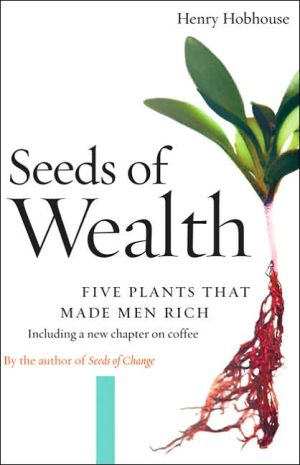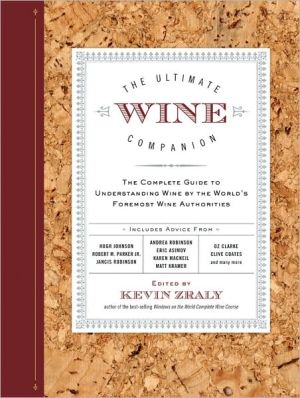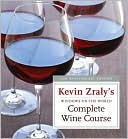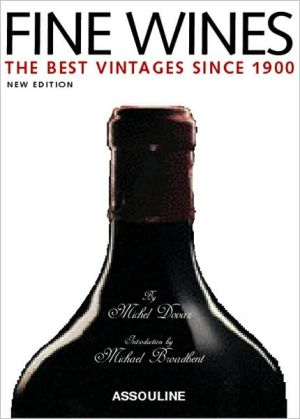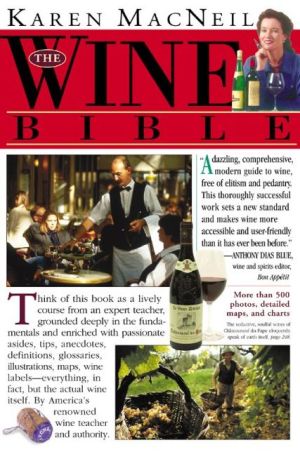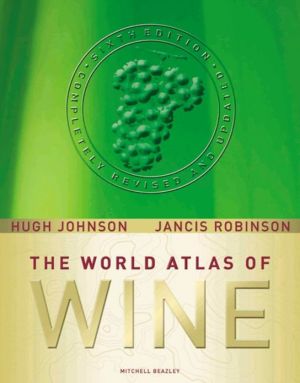Seeds of Wealth: Four Plants That Made Men Rich
Following the widely celebrated Seeds of Change (1985) comes Seeds of Wealth, a collection of four elegant essays focusing on the economic and cultural consequences of the exploitation of timber, tobacco, rubber, and the wine grape. These cash crops have bound together trade relations for the past three centuries and have had a profound-if little noted-effect on our world. As early as Shakespeare's time, timber became deficient in England; this shortage prompted their use of coal before any...
Search in google:
Following the widely celebrated Seeds of Change (1985) comes Seeds of Wealth, a collection of four elegant essays focusing on the economic and cultural consequences of the exploitation of timber, tobacco, rubber, and the wine grape. These cash crops have bound together trade relations for the past three centuries and have had a profound if little noted effect on our world. As early as Shakespeare's time, timber quantities in England had become deficient, promoting the use of coal and leading to the industrial revolution. Conversely, the abundance of timber and excellent growing conditions for tobacco in the United States led to great wealth and power for the young nation. The cultivation of the rubber tree and its importance in modern society helped to create the nations of Singapore, Malaysia, and Indonesia. And good wine, Hobhouse observes, makes people wealthy as well as mellow and wise. These four plants enormously increased the wealth of those who dealt with them, created new industries, shaped destinies, and changed the course of history. Nola Theiss - KLIATT Five agricultural products?—?timber, wine grapes, rubber, and tobacco, along with coffee (added to this newest edition)?—?have had an enormous impact on the history of the world. Two (timber and tobacco) reflected the changing fortunes of Britain and the United States. Timber and its rampant use for construction and fuel probably added significantly to global warming. Rubber and winemaking were influential in other areas of the world, like Singapore and Ancient Rome, and coffee brings the Arab world into the picture, but all these products have had significant impact on the United States. The author notes that one thing they have in common, beyond the fact that each stimulated or was crucial in wars, was that they have been a boon for "tax gatherers." Hobhouse has also written a related book, Seeds of Change and, although a journalist by trade, he has become an authority on the impact of plants on the history of the world. Because this book is written in an extremely readable style, it would be a good addition to any school library. Students will use it as a reference in history, political science, economics and science classes. KLIATT Codes: JSA—Recommended for junior and senior high school students, advanced students, and adults. 2003, Shoemaker & Hoard, 313p. notes. bibliog. index., Ages 12 to adult.
Timber : the essential carpet3Wine : the grape's bid for immortality69Rubber : wheels shod for speed125Tobacco : more than a smoke189
\ KLIATTFive agricultural products?—?timber, wine grapes, rubber, and tobacco, along with coffee (added to this newest edition)?—?have had an enormous impact on the history of the world. Two (timber and tobacco) reflected the changing fortunes of Britain and the United States. Timber and its rampant use for construction and fuel probably added significantly to global warming. Rubber and winemaking were influential in other areas of the world, like Singapore and Ancient Rome, and coffee brings the Arab world into the picture, but all these products have had significant impact on the United States. The author notes that one thing they have in common, beyond the fact that each stimulated or was crucial in wars, was that they have been a boon for "tax gatherers." Hobhouse has also written a related book, Seeds of Change and, although a journalist by trade, he has become an authority on the impact of plants on the history of the world. Because this book is written in an extremely readable style, it would be a good addition to any school library. Students will use it as a reference in history, political science, economics and science classes. KLIATT Codes: JSA—Recommended for junior and senior high school students, advanced students, and adults. 2003, Shoemaker & Hoard, 313p. notes. bibliog. index., Ages 12 to adult. \ —Nola Theiss\ \
